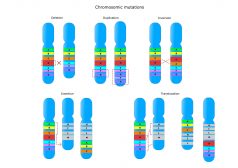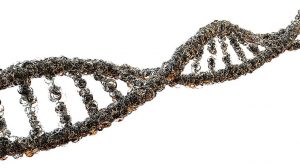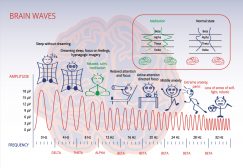
n., ˈvɪsərə
The large internal organs in the body cavity, especially in the abdominal cavity
Table of Contents
Viscera Definition
In biology, the word viscera refers to the large internal organs in the body cavity, especially in the abdominal cavity. The term “viscus” is a Latin word, meaning any of the internal organs of the body. Thus, viscera is a noun and “viscus” is the singular of viscera. Both words are commonly used in anatomy and medicine as well. These biology-related fields define viscera in the same manner; as a medical term, viscera corresponds to the distinct organs in a body cavity. Synonyms: innards; intestines; entrails. Viscera Pronunciation:1 vis er uh.
What is viscera in the human body?
In the human body, the abdominal cavity holds some of the major viscera. The term refers to the major organs found in this cavity, such as the following: stomach, liver, spleen, gallbladder, and intestines. Since the term is more often identified with the intestines it is at times used non-scientifically to refer to the intestines or the bowels. However, in a stricter sense, the term includes all the other organs found in the abdominal cavity. In fact, viscera also corresponds to the distinct organs in other body cavities, such as the thoracic cavity and the pelvic cavity. In essence, lungs and heart are the viscera of the thoracic cavity whereas kidneys and adrenal glands are the viscera of the pelvic cavity.
Related biology terms
- Visceral surface of the spleen
- Visceral traction reflex
- Visceral cranium
- Visceral ganglion
See also
References
- Definition of viscera | Dictionary.com. (2020). Www.Dictionary.Com. https://www.dictionary.com/browse/viscera?s=t
©Biology Online. Content provided and moderated by Biology Online Editors.







